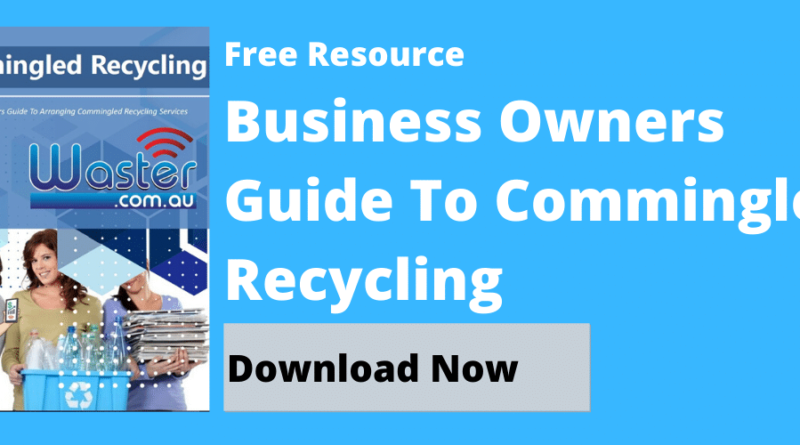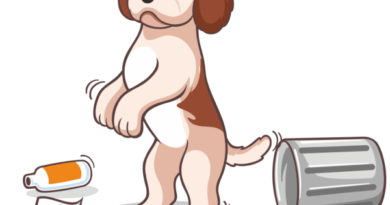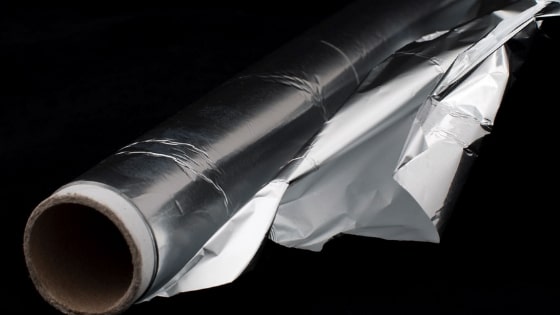What Is Wishcycling?♻️ – And Why You Should Stop Doing It!
Energy Disrupter
What Is Wishcycling? ♻️: Perhaps some of you might not have seen or heard this term before. For those who do, can we say that wishcycling is the same as recycling? Or is it a different process from the latter? What really is wishcycling? And most importantly, will doing it benefit the environment? We will cover everything you need to know about it.
Let us face it, plenty of us, at one point in time, got confused with the recyclability of some items we have bought from the store. I myself recall accounts of being unsure if what I am holding in my hand at that moment was recyclable or not. Now, let me ask you this – have you also done the same?
Have you ever just held an item in front of a recycling bin, pondering whether or not you should throw it in? You read the news, seeing the environmental problems on this Earth, now become extremely concerned and hope the local recycling plant in your area can recycle that particular item. As a result, you just hope for the best and chuck it in the yellow bin.
>Download Now: Free PDF Business Owners Guide To Commingled Recycling Bin Services
Let me emphasise this to you now – if you did what I just described above – please stop it immediately. Never “hope for the best” and throw anything you deem as recyclable without valid research into the recycling bin. This process does more harm than good, and you should know why. Below, we will cover everything you should know about wishcycling. We also hope that by sharing this blog, people will come to realise its adverse effects on recycling.
A bit about Waster
Before we continue our topic on what wishcycling is and why you should stop doing it, let me share more information about Waster.
We here at Waster provide you with innovative solutions for your and your business’s waste management and recycling needs. Additionally, we provide flexible, 30-day contracts instead of the typical lock-in contracts, which proves to be better.
Click on the blue button to learn more.
Stop wishcycling
As the term suggests, wishcycling is “wishing” for an item to be recycled – throwing it into the recycling bin without even knowing if you can recycle the item or not. Without knowing it, those who repeatedly wishcycle cause more harm than good. In their minds, they would much rather throw it in the recycling bin and hope for the best than sending it into landfill.
[embedded content]
For example, they may throw soiled food into the bin, therefore causing a chain of adverse effects, which includes inviting nasty pests such as fruit flies in their bins.
Is there a strong reason as to why one should not wishcycle?
Of course, there is! We will discuss more of it below in the next section.
Why wishcyclers should stop
Truthfully speaking, wishcyclers wreaks a lot of havoc when sending in questionable items. Not only do they waste recycling facilities’ time, but they also waste tonnes of recyclables and money in the process.
The best (or I would say worst) example of this is sending in odd-shaped plastic items or very thin and small paper products. When they make their way into the recycling facility for sorting, they have a big chance of jamming up the machinery due to their shape and size.
When they do indeed jam up the machinery in the recycling facility, it can take numerous hours just to fix the problem, therefore halting the entire recycling process. Moreover, wishcycling these items will cause the delay of all recycling facility operations.
Another reason why you should not do – let alone attempt – is because doing so ruins a whole batch of recyclables in the process. For a recycling plant to see success, of course, it has to process recyclables after collection and sell them afterwards. Problem is, it can all be ruined by questionable items. These said items can contaminate all the recyclable materials, therefore becoming useless and unsellable.
Wishcycling: how to prevent this from happening
Thankfully, a lot of people have now caught up on this trend before it went too out of hand. But still, more awareness needs to be spread for wishcycling to lessen or even disappear entirely.
Reputable sites such as Cleanaway and Cleanup have reported on and called out this phenomenon, with the former providing important data. Cleanaway reported that 74 per cent of us truly believe that we are very good recyclers. However, a significant percentage of those do not even bother to research and instead just throws what they feel they should throw in the bin.
How can this be prevented? Below, we will enumerate some key actions to prevent wishcycling from messing with our recycling:
- Do your research first! Basically, you should never try to recycle (i.e., as already stated, wishcycle) an item you know nothing of. There are plenty of informative sites on the internet (such as ours) that can help you determine whether or not you can recycle a particular item you have.
- Follow your local recycling rules. Doubling down on the above mentioned, never try to recycle questionable items. Never decide on your own. Instead, you can check out your local council’s recycling and waste management program. Only send out the accepted items.
- Clean your recyclables. Do not recycle items contaminated with dirt, grease or something similar to the aforementioned. For example, clean your recyclable containers before recycling with them as to not contaminate a whole batch of recyclables.
What is wishcycling? Now, you know!
Now that we have shared with you the adverse effects of wishcycling, we hope that those who did it stop and think first. Trying to recycle questionable items do more harm than good, so now they should know better.
Contact Waster today for your waste and recycling needs!
Are you a business in need of waste and recycling bin services?
If so, please call 1300 WASTER (1300 927 837). You can also email us at [email protected] if you have any further questions. Find the best deals in terms of waste and recycling pricing and services!













